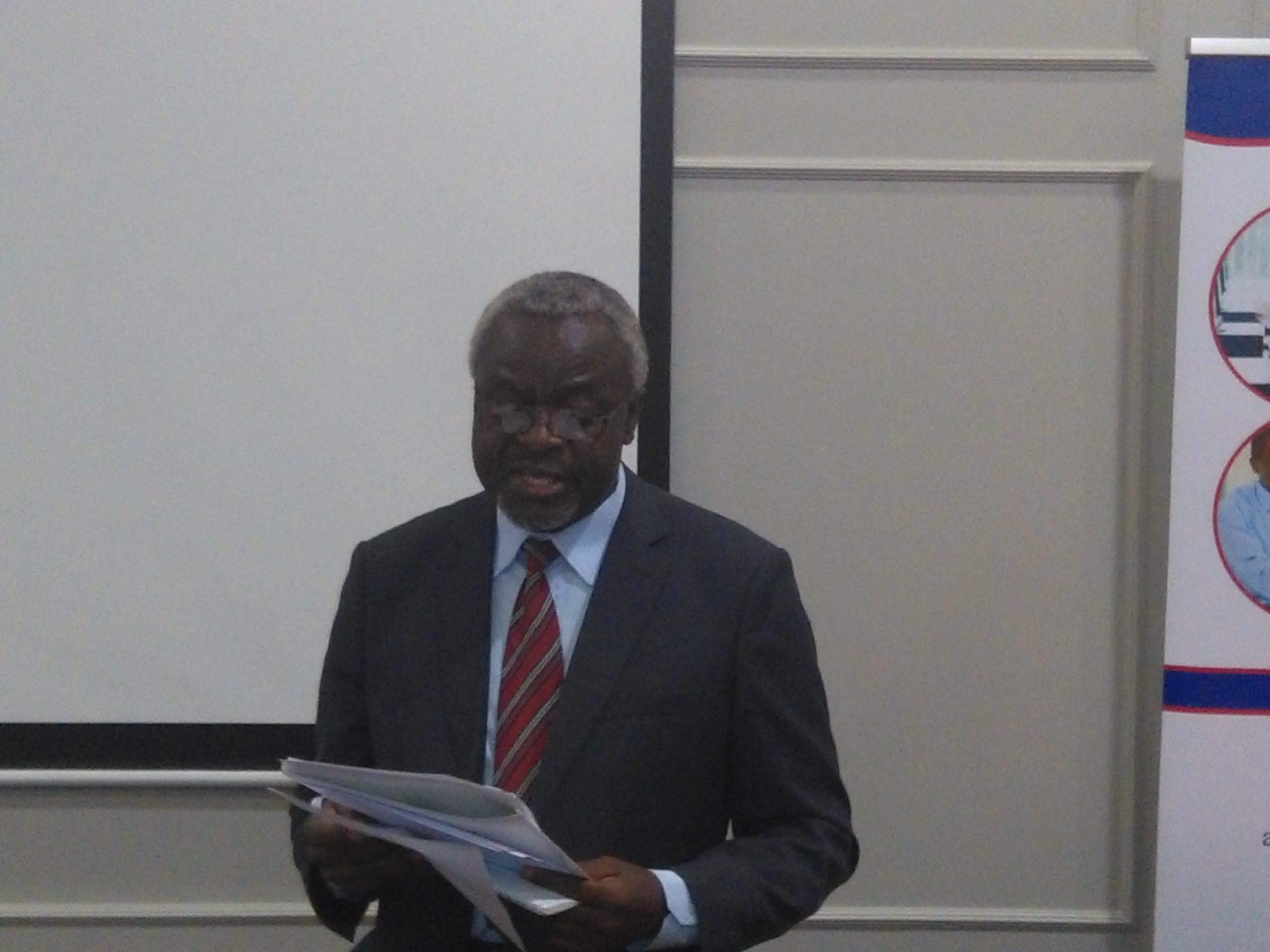By Byron Mutingwende and Patricia Mashiri
The portrayal of people with disabilities (PWDs) and their employment in the sector still remains worrisome with stakeholders calling for an inclusive approach towards addressing the needs of this marginalised group.
In his opening remarks at a workshop dubbed “The Media and Disability: Opportunities and Challenges” held in Harare on 9 July 2017, Dr. Ivanhoe Gurira, the Director of International Communication Services in the Ministry of Information, Media and Broadcasting Services said that people with disabilities should be treated with equal respect.
“Media practitioners living with disabilities should work in equally enjoyable environments and should be treated with equal respect. The Ministry is ready to ensure that all practically implementable recommendations related to addressing the plight of men and women with disabilities in the media industry are realized as soon as possible following their articulation and due consideration by policymakers,” Gurira said.
Dr Gurira also added that the government is on its way to migrate from analogue to digitization so as to which benefit the creative arts and media industry with the full involvement of PWDs.
Lyndon Nkomo, the Co-founder of Deaf Zimbabwe Trust called for the uniting of the media in promoting sign language. He emphasized that the media should play an important role in informing people that PWDs are the same as other people.
“Media is an important ally to break down barriers. Television programmes should be accompanied with captions so that the deaf will also be able to understand at the same time radio programs should be placed online so that everyone should have access to it,” Nkomo said.
He bemoaned the situation whereby people with albinism are also discriminated against as people see them as victims of murder for spiritual rituals and healing of HIV and AIDS.
Constantine Chimakure, the Editor of ZIFM Stereo said that the media has focused on portraying impairment through the influence of the medical model of disability.
“The media through history has depicted disability through the use impairment. The media has focused on portraying impairment through the influence of the medical model of disability, where disabled people’s inability to interact in normal daily life as a direct result of their physical and / mental impairment.” Chimakure said.
Peter Banga, Head, Mass Communications at Harare Polytechnic talked about the role of the media as the fourth estate after the Legislature, the Judiciary and the Executive.
“The media should stand as a true army in sensitizing the society on disability issues. It is the one, which should play an important role in making people in the society aware that PWDs are like any other people. They need support in schools for journalism,” Banga said.
Anashe Murombedzi, a journalism student who was attended the workshop talked about problems that people with albinism face. She said they are usually discriminated by the society, which associates them with evil spirits. She urged people to accept them as they are since they don’t need pity but empowerment.
Abraham Mateta, a disability rights activist, said depriving PWDs of information breeds unnecessary suspicion and called for providing them with access. He condemned Section 83 of the Constitution for depicting PWDs as objects of the state and for calling for addressing their needs depending on the availability of resources.
“The language of Section 83 of the Constitution should be changed. The media should help PWDs to interrogate such sections of the Constitution. The Constitution in Section 83 subsection 3 states that PWDs should have state-funded education when they need it yet the same section goes further to say PWDs may have access. Disability is not a medical condition. In that realm, there is need to ensure to the extent possible, the inclusion and involvement of PWDs at all levels including policymaking,” Mateta said.
Patrick Musira, a veteran journalist, said the attitude towards PWDs in newsrooms is generally negative. He noted that the attitude towards disability was slowly improving for the better in society.
Rejoice Timire, the Executive Director of the Disabled Women Support Organisation said women and girls with disabilities have challenges in many areas of life.
“The majority of women and girls with disabilities are not sent to school due to discrimination from family, caregivers and the community. The available infrastructure in schools and health facilities is not disability-friendly.
“Gender-based violence against PWDs, especially when perpetrated by family members goes unreported due to the need of protecting each other as relatives. This will lead to the PWDs losing self-esteem,” Timire said.
As recommendation there were calls for creating a manual or disability-friendly glossary; newspapers were encouraged to have disability-friendly desks, ZUJ was urged to offer an award for the disability articles and media institutes were encouraged to come up with curricular that are favorable to the PWDs.
